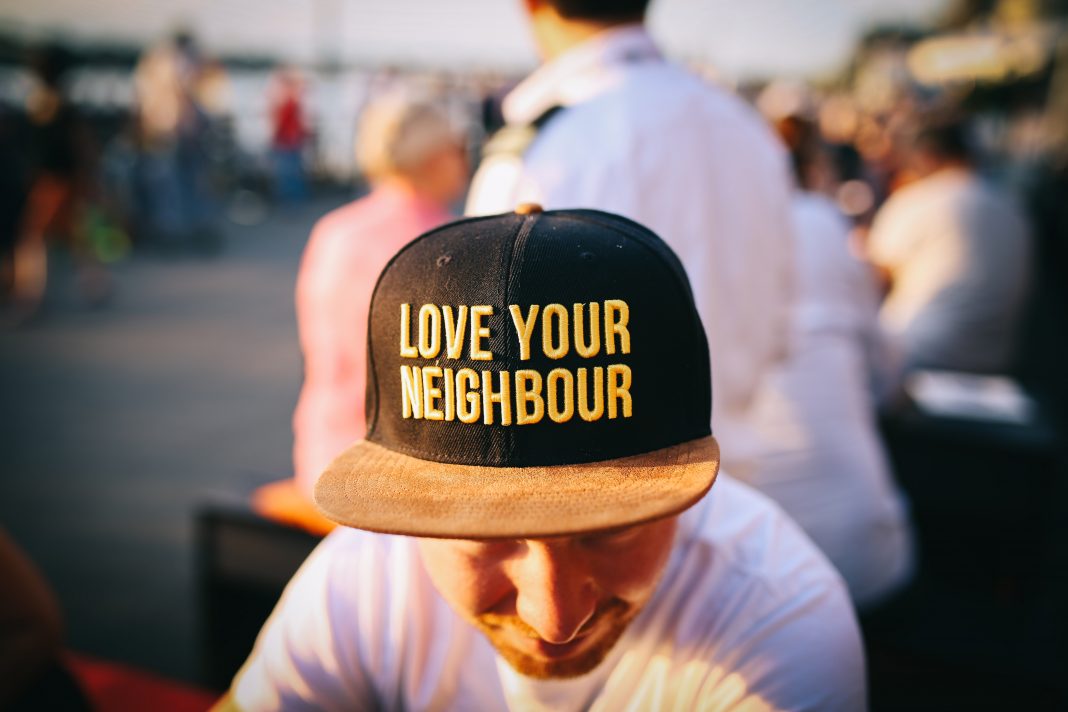The final report of a major five-year study from the University of Sussex shows that hate crime affects entire communities, rather than just the individuals who are targeted.
The project focused on hate crimes targeted specifically against LGBT and Muslim communities and used a variety of different research methods, including questionnaire surveys, individual interviews and social psychological experiments.
The key findings of the report make for stark reading, revealing (consistent with official statistics) that direct hate crime and hate incidents are widespread in Britain:
- Over 80% of LGBT and Muslim people questioned have experienced some online hate abuse
- Over 70% of those same communities have been direct victims of a hate crime in the past three years
- Over 80% of LGBT and Muslim study participants knew of someone else who had been subject to a hate incident in the past three years.
- Hate crimes, whether experienced directly, indirectly, through the media, in person or online were consistently linked to:
– Increased feelings of vulnerability, anxiety, anger, and sometimes shame
– Being more security conscious, avoidant, and more active within the community - Perceptions of Police and the criminal justice system were generally negative – especially when people had indirect experiences of hate crimes
The report demonstrates empirically that hate crimes spread fear and anger throughout communities that effect people’s behaviour as well as their perceptions of the criminal justice system.
Individuals themselves do not have to be targeted to be impacted by Hate Crime: simply knowing someone who has been a victim is sufficient to cause these effects. Hate crimes, then, have the potential to cause injury and distress both at the individual and community level.
Professor Rupert Brown, a psychologist at the University of Sussex and part of the Sussex Hate Crime Project, which undertook the study, said:
“Our major five-year study into hate incidents against members of the LGBT and Muslim communities shows for the first time that hate crimes and hate incidents do not just affect the immediate victims but have serious consequences for their communities as a whole.
“The reason for that is that, when LGBT and Muslim people read about a hate crime, they are more likely to make people feel vulnerable, anxious, angry or ashamed, compared with non-hate motivated crime. Such reactions are also likely to cause them to change their behaviour – for example, to avoid certain situations or places where they may be more at risk of abuse.
“That is important because some public commentators dismiss hate crime as having no greater impact on communities than other types of crime. We’ve now shown that is not the case.
“We also show that both LGBT and Muslim people are unlikely to report hate crimes to the police, but, even more worryingly, that when Muslim people do report offences to the police, they are more likely to perceive that the police are ineffective at dealing with these crimes, than if they did not report them at all.”
Professor Brown continued:
“What is now required, to address the pernicious harms to communities caused by hate crimes, is: greater use of community impact statements in courts, more use of restorative justice which our respondents broadly support, and more dedicated specially trained police officers to deal with victims in a way which inspires their confidence.”
What is hate crime?
Professor Brown and his colleagues at the Sussex Hate Crime Project used the following definition of hate crime and hate incidents, based on the College of Policing’s (2014) guidance on hate crime:
“Any criminal offence, or non-crime incident, which is perceived, by the victim or any other person, to be motivated by a hostility or prejudice.”
For studies concerning the LGBT community, the project examined the effects of prejudice and hostility directed against a person’s sexual orientation or perceived sexual orientation, and a person who is transgender or perceived to be transgender – collectively termed ‘antiLGBT’ hate crimes.
For studies concerning the Muslim community, the project examined the effects of prejudice and hostility directed against Muslim people and termed these crimes ‘Islamophobic’ hate crime.
The use of these definitions of hate crime and hate incidents was important to the study as it explored various types of hate-motivated conduct ranging from verbal abuse and online (cyber) abuse (which may or may not amount to a crime) through to property offences and crimes of violence.









